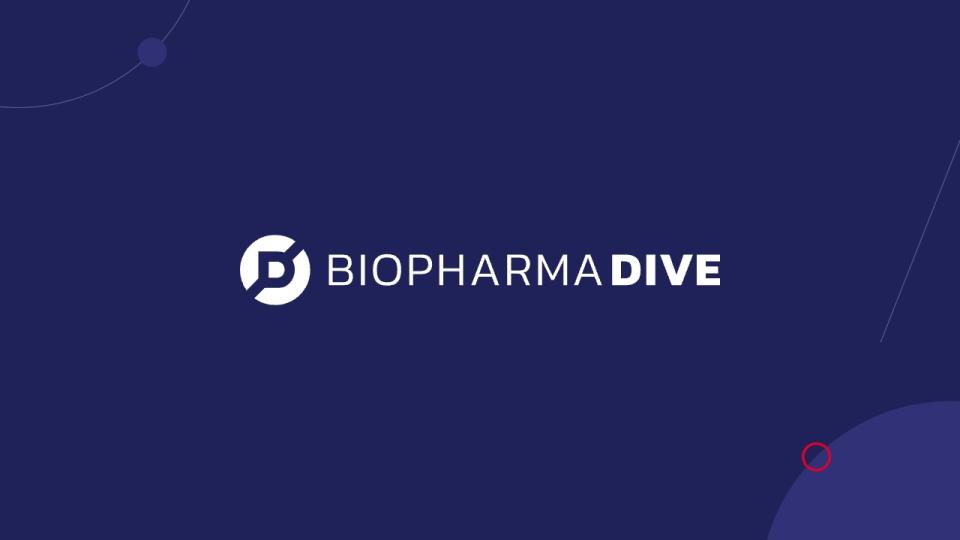Biotech veteran Art Krieg postpones retirement to build an unorthodox drug startup

Two years after Art Krieg sold his last biotechnology company to Regeneron Pharmaceuticals, the scientific entrepreneur and industry veteran is quietly building a new drug startup.
Called Zola Therapeutics, the biotech is working on what Krieg claims could be more powerful versions of the types of cancer drugs Regeneron acquired in the 2022 buyout of his previous company, Checkmate Pharmaceuticals.
Unlike most startups, Zola doesn’t intend to pursue venture funding or an initial public offering. Instead it will initially be funded by its own team, and then make money by selling its programs early, Krieg told BioPharma Dive.
The unusual business model is a change of pace for Krieg, a well-known scientist in genetic medicine. Krieg co-founded and helped build three venture-backed startups that eventually went public: Coley Pharmaceutical Group, Translate Bio and Checkmate. Both Coley and Translate were also acquired.
Krieg thought he’d retire after selling Checkmate. The company had lost about two-thirds of its value during its run as a public company and was in danger of running out of money before Regeneron’s deal closed. It sold for less than its IPO price.
“I remember swearing to people I wouldn’t start another company,” Krieg said, in an interview.
His plans changed after some time away, though. Krieg envisioned ways to improve on his work at Checkmate. There, he had packaged a DNA sequence into a type of virus-like particle to create what’s now called vidutolimid, a medicine that stimulates cancer-fighting T cells. It’s now in Phase 2 testing at Regeneron. Afterwards, he designed a new drug containing different genetic sequences — RNA as well as DNA, he said — and stuffed into the fatty shells, or “lipid nanoparticles,” that are used to deliver a variety of other medicines.
Krieg had the drug made in a contract laboratory. Early tests in cells showed it appeared more potent than vidutolimid, driving a broader T cell response that might be useful when paired with other cancer therapies.
“I started thinking, what am I going to do with this?” he said.
Krieg reached out to former Checkmate colleagues and over the summer started Zola. However, venture firms weren’t interested and Krieg was hesitant to give up control. So he and his ex-team came up with a different idea: front the costs of obtaining preclinical results for a drug candidate, sell it to a pharmaceutical company, pocket some of the profits and use the rest to do it all over again.
The company’s existence, along with its plans, were revealed in LinkedIn posts by Krieg earlier this month.
Drug development is an expensive and yearslong process, which is why startups usually need substantial funding from private and public investors to survive. The value of a drug also climbs as it’s advanced in testing, leading to larger financial rewards the longer its developer maintains ownership.
What’s more, cancer immunotherapy is a competitive field that has seen many failures over the past decade. Many promising prospects have fallen short and some investors have turned their focus to other areas, making Zola’s pitch more difficult.
Krieg acknowledges the long odds. But he claims he can get the first candidate through an animal study for less than $2 million and expects data this fall. If the results entice a pharma into a deal, Zola could make more molecules that are fine-tuned in different ways — all without seeking money from investors.
“I’d rather our team controls its own destiny,” he said. “I want to see as many patients benefit from this as I can. Even if the economics are not as great as they would be with some other model, they're going to be good enough that we can accomplish our mission and vision.”
This story was originally published on BioPharma Dive. To receive daily news and insights, subscribe to our free daily BioPharma Dive newsletter.
